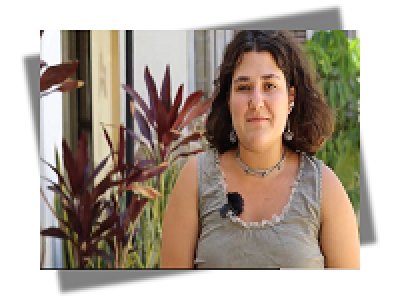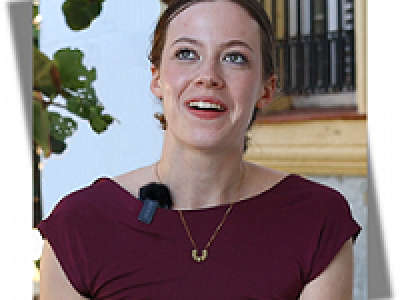Excursions & Activities

CASA Cuba activities are thoughtfully curated by program staff and have been adapted through recommendations and suggestions of previous student participants. Some excursions and activities are required, while others are optional and may be offered on a first-come, first-served basis. You will receive an activities calendar in advance of the program start date and should avoid making personal travel arrangements that coincide with required program excursions and activities.
Examples of topics and destinations might include:
● Movie nights and debates with actors or directors
● Guided bike, boat, or walking tours through Havana and other Cuban cities
● Dance classes, visits to music, dance, ballet and other performances
● Field trips on the Cuban revolution, legacy of slavery, biodiversity and other themes. Past destinations and partners have included: Cienfuegos, Trinidad, Valle de Los Ingenios, Pinar del Rio,Viñales, Santiago de Cuba, Fundación Caguayo, Guantánamo, Tumba Francesa, among others.
Orientation
Prior to arriving in Havana, CASA staff will conduct a series of virtual pre-departure orientation activities where you’ll meet the semester’s cohort and learn important details regarding the program. After acceptance, you will gain access to pre-recorded program orientation videos covering its different aspects (cultural differences, academics, logistics). There will be one live group meeting, followed by individual meetings with the program director to discuss individual needs, interests, and concerns. There will be a final logistics meeting one week prior to departure. This will also provide an opportunity for you to ask any last-minute questions before arriving in Havana. In addition, a WhatsApp group will be created closer to the travel date where you can ask practical questions that may arise.
Once in Cuba, a comprehensive, mandatory orientation program is delivered upon arrival and during the first weeks of the semester to help you get acclimated to the local culture. Required orientation activities include:
● Walking tours of historic and contemporary neighborhoods of Havana
● Tours of our host institutions: Casa de las Américas and the University of Havana
● Navigating the public transportation system
● Health, safety, and emergency information, as well as other important details around academic culture and preparing for daily life in Havana
Students are asked to leave Fridays free of University classes so that they can paricipate in Friday activities around Havana. The program organizes visits to important historical and cultural sites such as the Casa de Africa, Barrio Chino, CENESEX, Finca Marta, and others.
The program offers activities for students' enjoyment, designed to connect them to their courses and interests. These might include visits to the National Theater of Havana and the Martin Luther King Center, a bike tour, Cuban film screenings, a day trip to Las Terrazas, dance classes, and Cuban cooking classes, among others.
The program takes several trips throughout the semester to other cities and regions of Cuba. Destinations in the past have included Trindad, Cienfuegos, and Santiago de Cuba, among others.

Student Testimonies:













